Functional Root Causes of Blood Clotting & Natural Support Strategies
Understanding the functional root causes of blood clotting is just as important as knowing the risk factors.
Insulin Resistance
Insulin resistance can interfere with the factors that play a role in blood clotting such as fibrinolytic and coagulation factors. This could result in a high risk of abnormal blood clotting and vascular diseases.
Increased blood clotting due to insulin resistance in diabetic patients can make them more susceptible to strokes and heart attacks.
Iron Overload
Iron overload can increase the viscosity of the body due to which the blood is likely to form abnormal clots even when it is not exposed to air or when there is no injury or damage to the walls of the blood vessels or capillaries.
The blood clots, thus formed, tend to circulate in the blood and get lodged in the vessels of the heart and brain causing a heart attack or stroke, respectively.
Chronic Infections
Strong inflammation-mediated processes triggered due to the presence of pathogens and the toxins released by them can worsen the risk of blood clot formation.
Several common pathogens including Helicobacter pylori, Mycoplasma pneumoniae, Chlamydia pneumoniae, Haemophilus influenzae, Staphylococcus aureus, Strepptococcus pneumoniae, Escherichia coli, Epstein-Bar virus, cytomegalovirus, and herpesvirus are known to increase the risk clotting disorders.
Vitamin D Deficiency
Vitamin D deficiency could increase the risk of thrombotic episodes by creating disruptions in the regulation of the blood clotting processes. Researchers found that sunshine or vitamin D may have anti-thrombotic effects.
High Omega 6:3 Ratio
A higher intake of omega 6 fatty acids compared to omega 3 fatty acids could worsen chronic inflammation thus elevating the risk of blood clots. The deficiency of other nutrients such as vitamin B and vitamin C can also elevate the risk of abnormal clotting and related conditions.
Avoid heavy metal exposure
Exposure to heavy metals like mercury and lead can disrupt the hormonal balance, trigger inflammation, and increase insulin resistance. Hence, it is advisable to avoid heavy metal exposure in order to protect yourself against blood clotting disorders.
Gut Dysbiosis
Gut dysbiosis can cause disturbances in the body’s immunological and natural anti-inflammatory functions.
The use of probiotics and proteolytic enzymes could help to prevent gut dysbiosis and improve gut flora thus reducing your risk of blood clotting.
Anti-Inflammatory Nutrition Plan
Studies have revealed that the consumption of foods with natural anti-inflammatory potential could reduce the risk of abnormal blood clotting, especially in smokers. Hence, it is advisable to consume foods having anti-inflammatory properties like omega-3 fatty acids, Chia seeds, flaxseeds, vitamin C, resveratrol, and quercetin.
Resveratrol and quercetin can also reduce insulin resistance and improve blood viscosity thus reducing the risk of blood clotting.
Improve nutrition
Patients at risk of abnormal blood clots should ensure their diet consists of essential nutrients including vitamin D, vitamin B, and vitamin C to restore healthy blood viscosity and prevent blood clotting.
Good Hydration & Detoxification
Drinking plenty of water would help to reduce blood viscosity and prevent abnormal blood clotting. It would also promote the body’s natural detoxification processes thus supporting the elimination of heavy metals and other toxins responsible for causing clot formation.
Healthy lifestyle choices
Mental stress, lack of adequate sleep, and a sedentary lifestyle can result in hormonal imbalances, chronic inflammation, and insulin resistance. Hence, it is important to reduce stress and ensure you get adequate sleep at night. It is also important to exercise regularly to improve blood circulation in order to prevent blood clotting.
Ozone therapy would help to reduce blood viscosity and restore a smooth flow of blood through the larger blood vessels as well as capillaries. Ozone also reduces platelet aggregation and makes red blood cells more elastic and flexible. Ozone therapy can also protect against abnormal blood clotting and reduce the risk of stroke and heart attacks.
Ozone can decrease the thickness and viscosity of blood that would make it easier for circulation and also stimulate dilation and relaxation of the artery walls. It was observed that ozone had a statistically significant decrease in plasma total cholesterol and low-density lipoprotein.
Interested in learning more about Ozone?
https://o3academy.com/benefits-of-ozone-therapy/
At home – power bundles available here:
https://healthytobe.com/product/trulyheal-power-bundle/



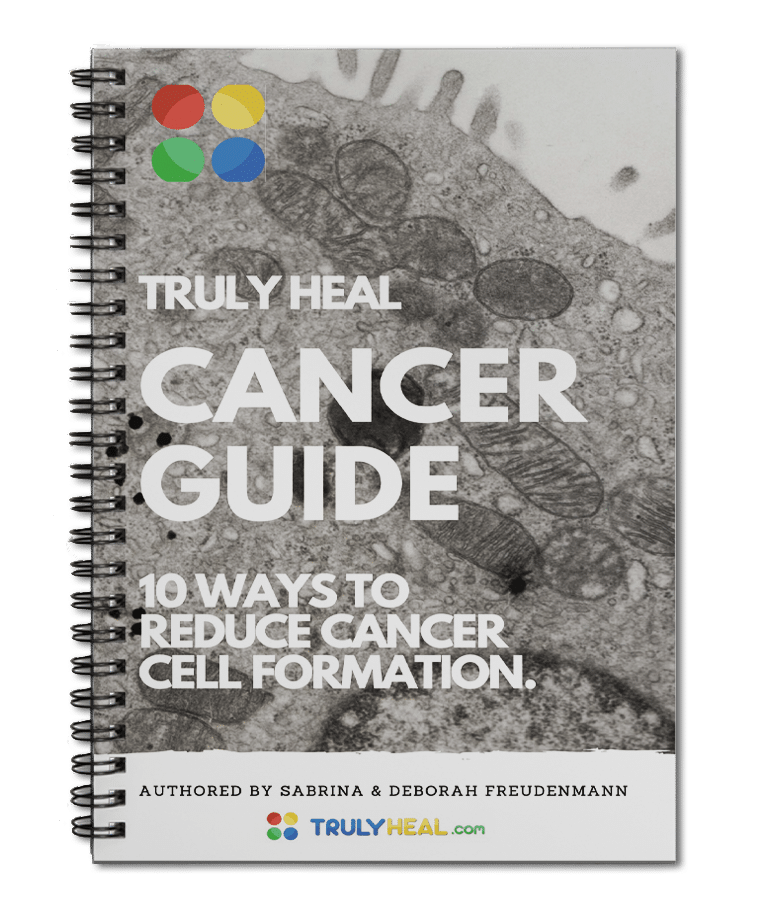
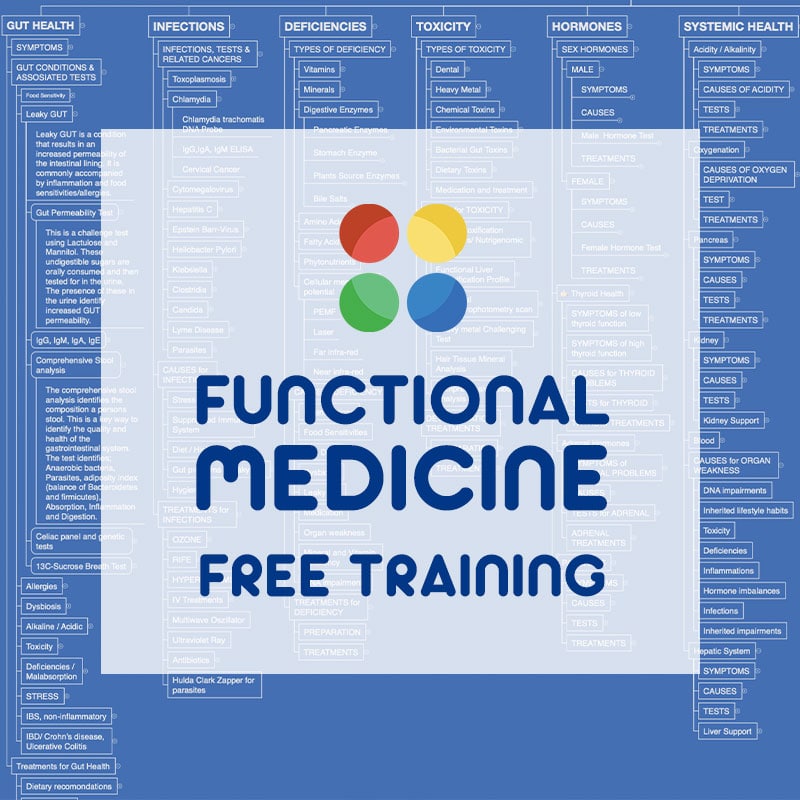
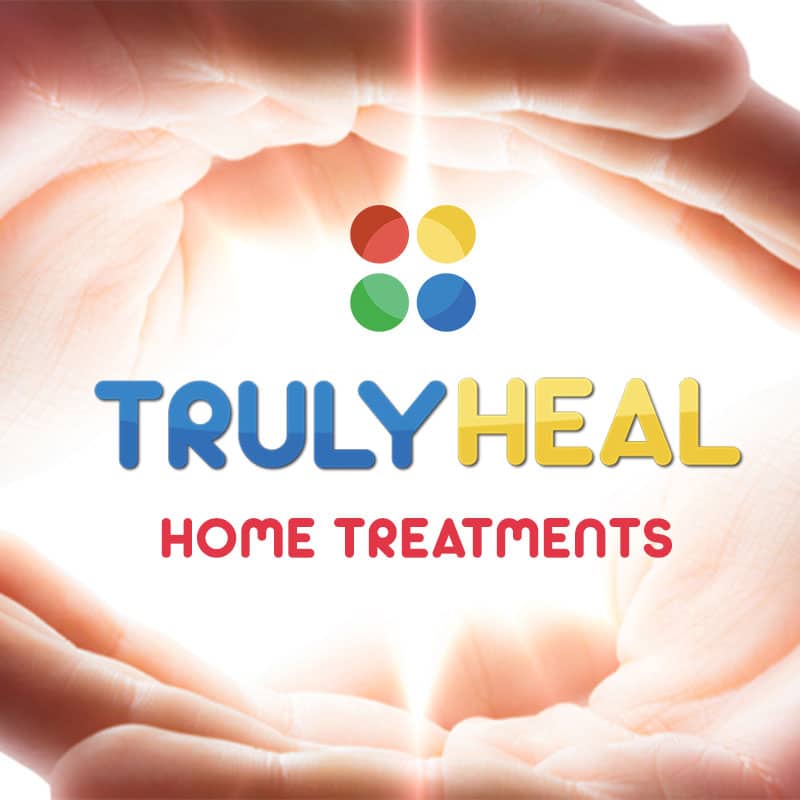

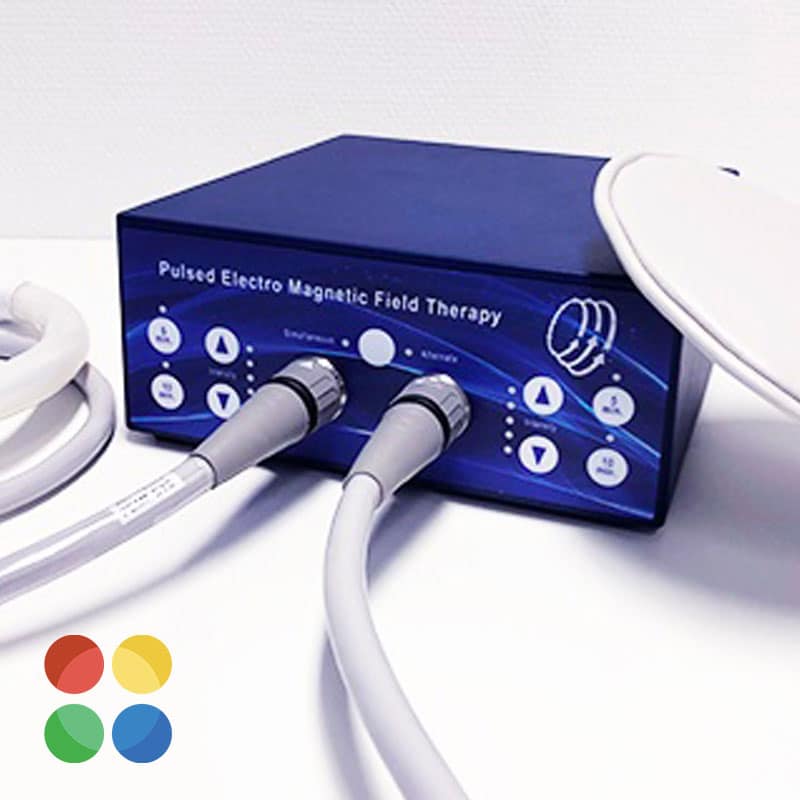

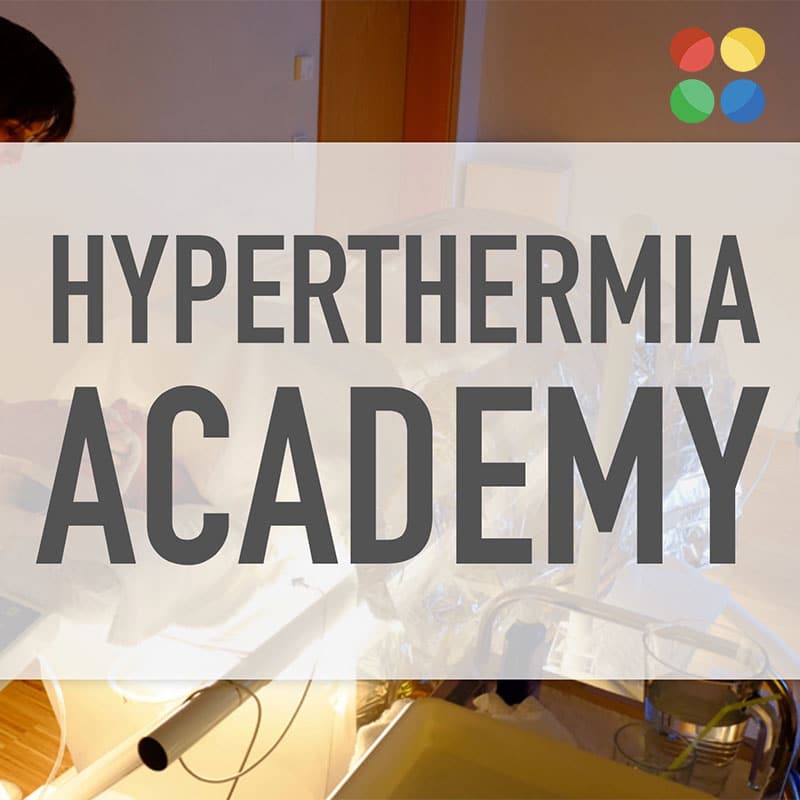


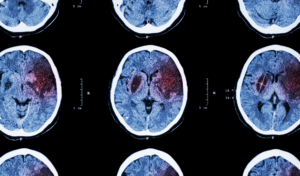
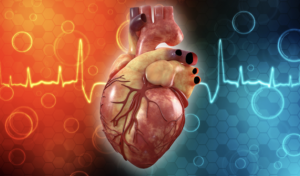
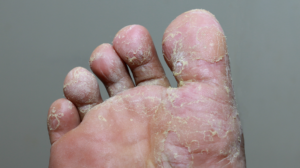

One Response
Hi Deborah, can I add a bit as well?
There are so many things important about this topic, and I know it is impossible to list everything.
however, You can add the following aspects:
The importance of high fibre in the diet and the gut to reduce sugar absorption, and lower insulin.
The importance of lower uric acid in the blood, and reduced animal protein in the diet, especially for dinner.
The positive effect of lecitin to reduce uric acid and bad cholesterol.
Wonderful subject, thanks for your article!